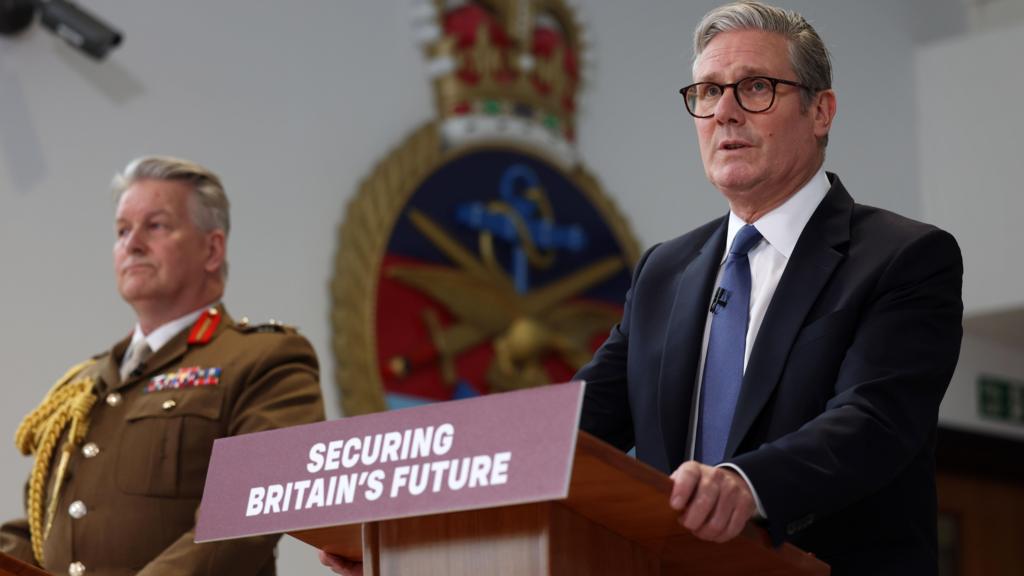Amidst global instability and political uncertainty, the UK government’s decision to cede sovereignty of the Chagos Islands to Mauritius, a nation located thousands of miles away, has sparked considerable debate. Critics contend this relinquishment of a key Indian Ocean strategic asset weakens UK security.
The government’s rationale is rooted in legal vulnerabilities and practical concerns surrounding the joint UK-US military base on Diego Garcia, the archipelago’s largest island.
Officials argue that maintaining the base without ceding sovereignty to Mauritius would be untenable, posing a significant security risk. Defence Secretary John Healey stated that without the deal, legal challenges could render the base inoperable within a few years.
These legal challenges stem from rulings by various UN bodies asserting Mauritius’s sovereignty over the Chagos Islands, arguing the UK illegally separated them prior to Mauritian independence in the 1960s. This culminated in an advisory opinion from the International Court of Justice in 2019 and a subsequent ruling by the International Tribunal for the Law of the Sea’s Special Chamber.
Ministers feared these rulings would become legally binding, potentially jeopardizing base operations. Healey highlighted the threat of legal challenges impacting satellite communications, contractor access, and air traffic rights.
Opponents, including Conservative MPs, diplomats, and Whitehall officials, dismiss these concerns as exaggerated, accusing the government of excessive deference to international legal opinion and UN politics. Shadow defence secretary James Cartlidge criticized the government for acting on hypothetical risks.
The government further argues the deal prevents China from gaining a foothold in the islands. Without an agreement, Mauritius could potentially allow a foreign power to establish a military presence, a scenario the UK aims to prevent through the deal’s veto provision. Officials also highlight the financial incentives for Mauritius to maintain the status quo.
Critics counter that this doesn’t preclude closer Mauritian ties with China or Russia.
The government also emphasizes the diplomatic necessity of resolving the Chagos issue, arguing that its previous stance constituted hypocrisy, undermining its credibility on the international stage regarding international law. This, they claim, compromised the UK’s ability to criticize Russia’s actions in Ukraine and China’s in the South China Sea.
The government highlights the UN Secretary-General’s welcoming statement as evidence of the deal’s diplomatic success. Critics, however, argue that prioritizing international law is outdated in the current geopolitical climate.
The government counters this by noting that the US, a major stakeholder in Diego Garcia, supports the deal, as stated by Secretary of State Marco Rubio. The agreement also enjoys backing from other Five Eyes intelligence partners.
Parliament will now debate the agreement’s ratification. While the government’s majority might secure passage, the underlying debate regarding the strategic and legal ramifications remains unresolved.
Sign up for our Politics Essential newsletter for in-depth analysis of UK political developments.

